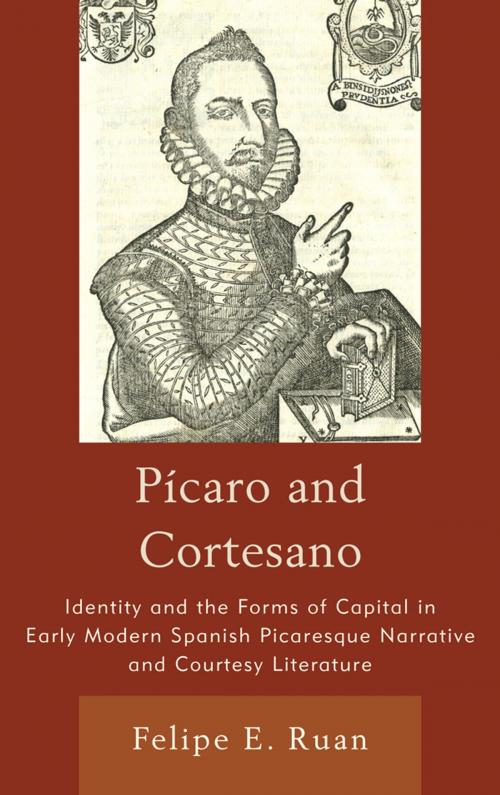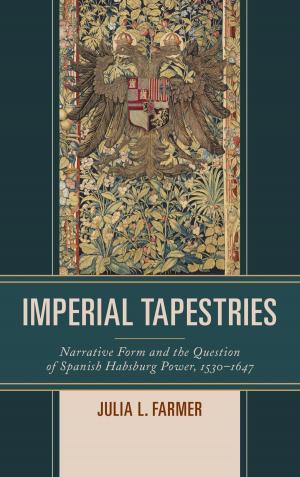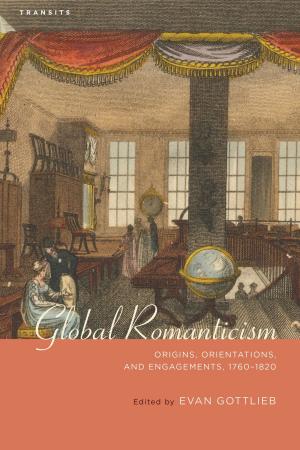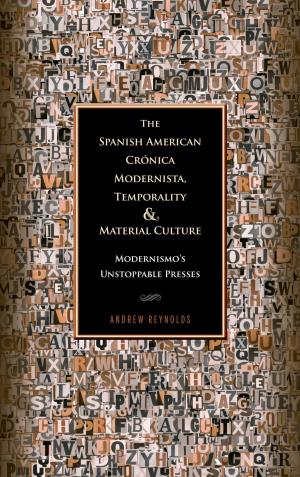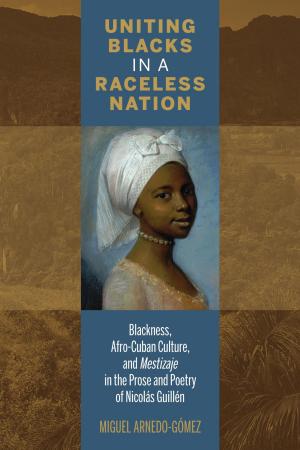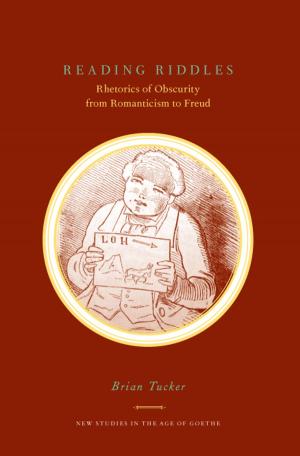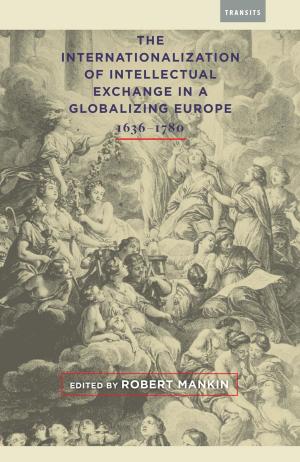Pícaro and Cortesano
Identity and the Forms of Capital in Early Modern Spanish Picaresque Narrative and Courtesy Literature
Fiction & Literature, Literary Theory & Criticism, European, Spanish & Portuguese, Theory| Author: | Felipe E. Ruan | ISBN: | 9781611480511 |
| Publisher: | Bucknell University Press | Publication: | November 16, 2011 |
| Imprint: | Bucknell University Press | Language: | English |
| Author: | Felipe E. Ruan |
| ISBN: | 9781611480511 |
| Publisher: | Bucknell University Press |
| Publication: | November 16, 2011 |
| Imprint: | Bucknell University Press |
| Language: | English |
In this book on the relationship between pícaro and cortesano, Felipe E. Ruan argues that these two cultural figures are linked by a shared form of deportment centered on prudent self-accommodation. This behavior is generated and governed by a courtly ethos or habitus that emerges as the result of the growth and influence of the court in Madrid. Ruan posits that both pícaro and cortesano, and their respective books, conduct manual and picaresque narrative, tacitly engage questions of identity and individualism by highlighting the valued resources or forms of capital that come to fashion and sustain self-identity. He places the books of the pícaro and cortesano within the larger polemic of early modern identity and individualism, and offers an account of the individual as agent whose actions are grounded on objective social relations, without those actions being simply the result of mechanistic adherence to the social order.
In this book on the relationship between pícaro and cortesano, Felipe E. Ruan argues that these two cultural figures are linked by a shared form of deportment centered on prudent self-accommodation. This behavior is generated and governed by a courtly ethos or habitus that emerges as the result of the growth and influence of the court in Madrid. Ruan posits that both pícaro and cortesano, and their respective books, conduct manual and picaresque narrative, tacitly engage questions of identity and individualism by highlighting the valued resources or forms of capital that come to fashion and sustain self-identity. He places the books of the pícaro and cortesano within the larger polemic of early modern identity and individualism, and offers an account of the individual as agent whose actions are grounded on objective social relations, without those actions being simply the result of mechanistic adherence to the social order.
